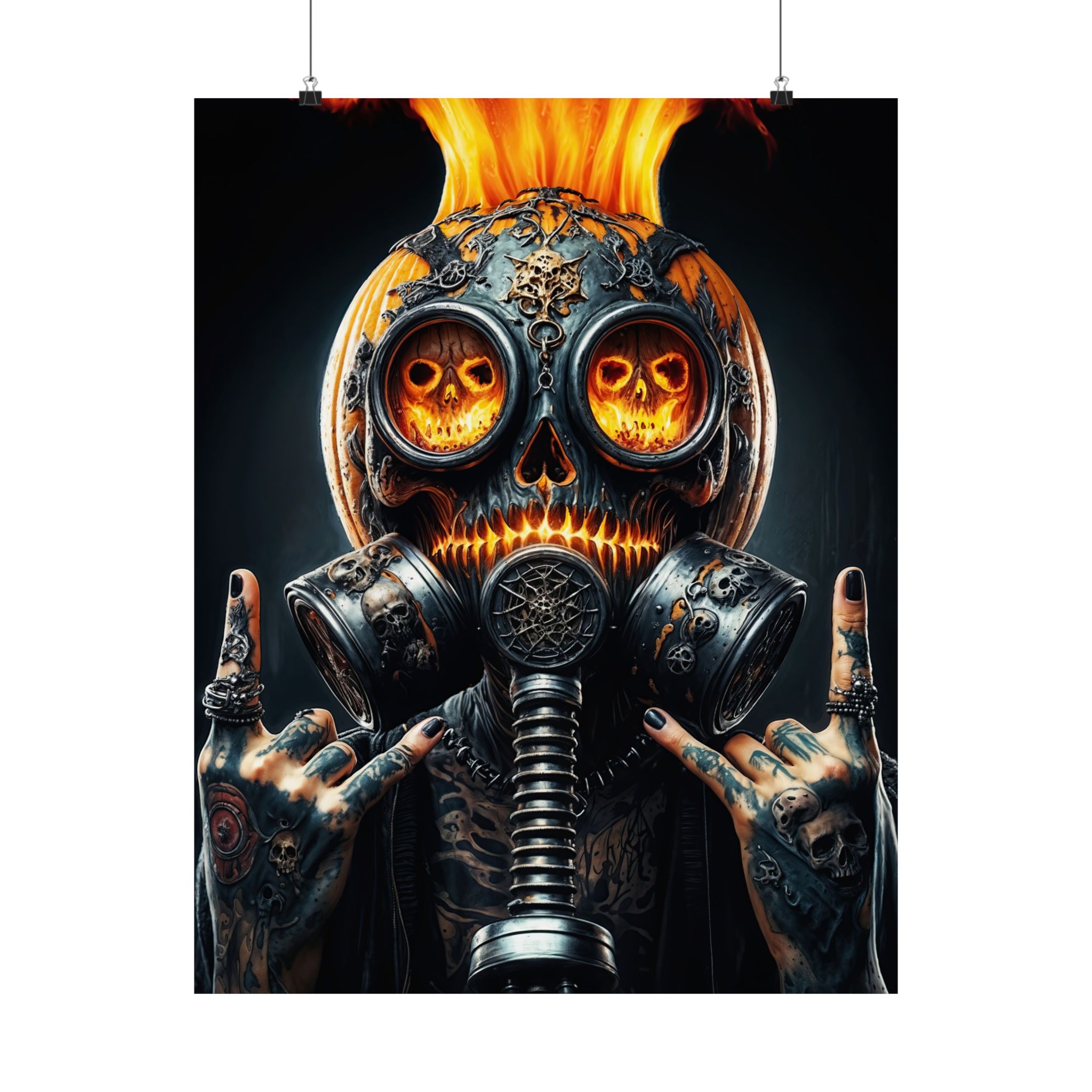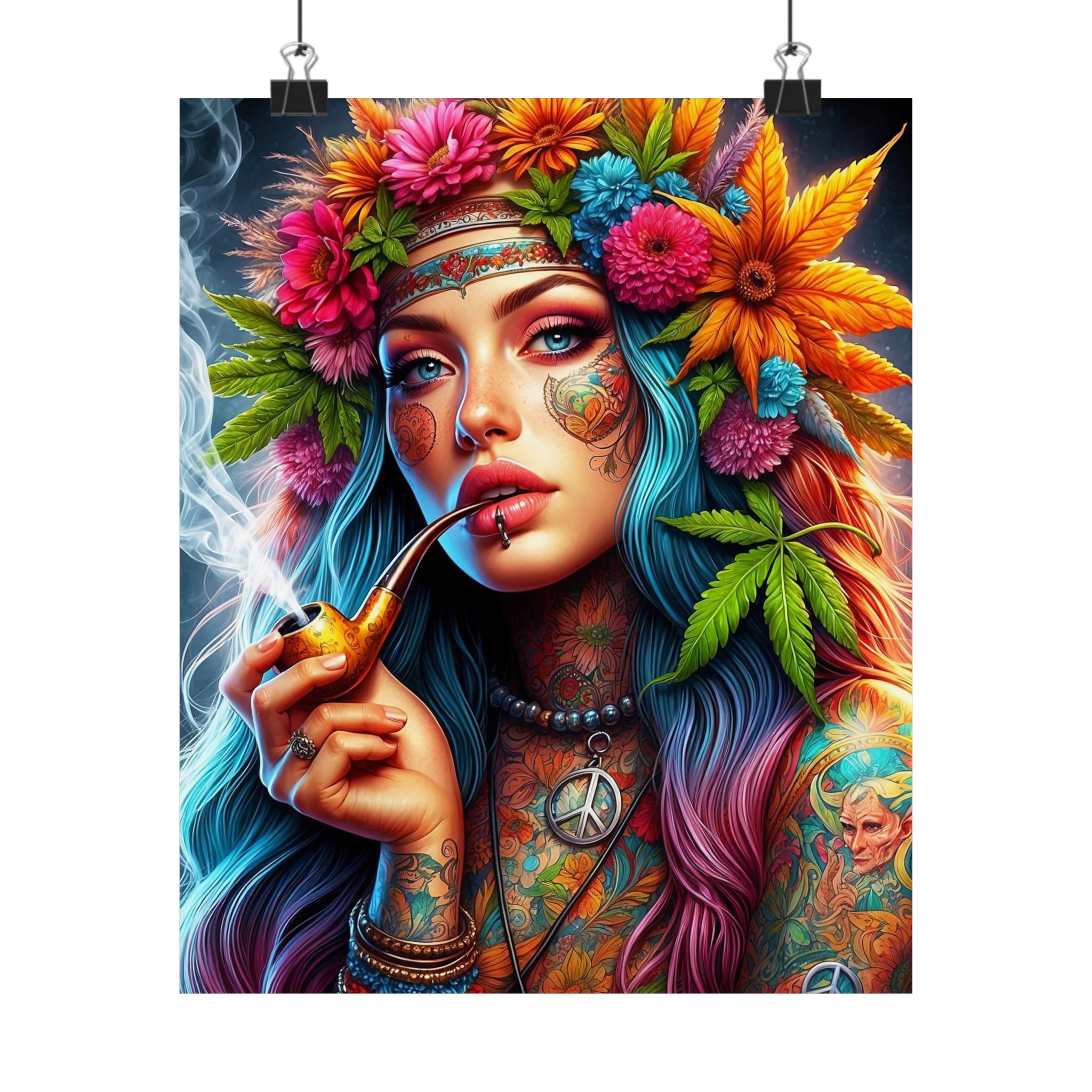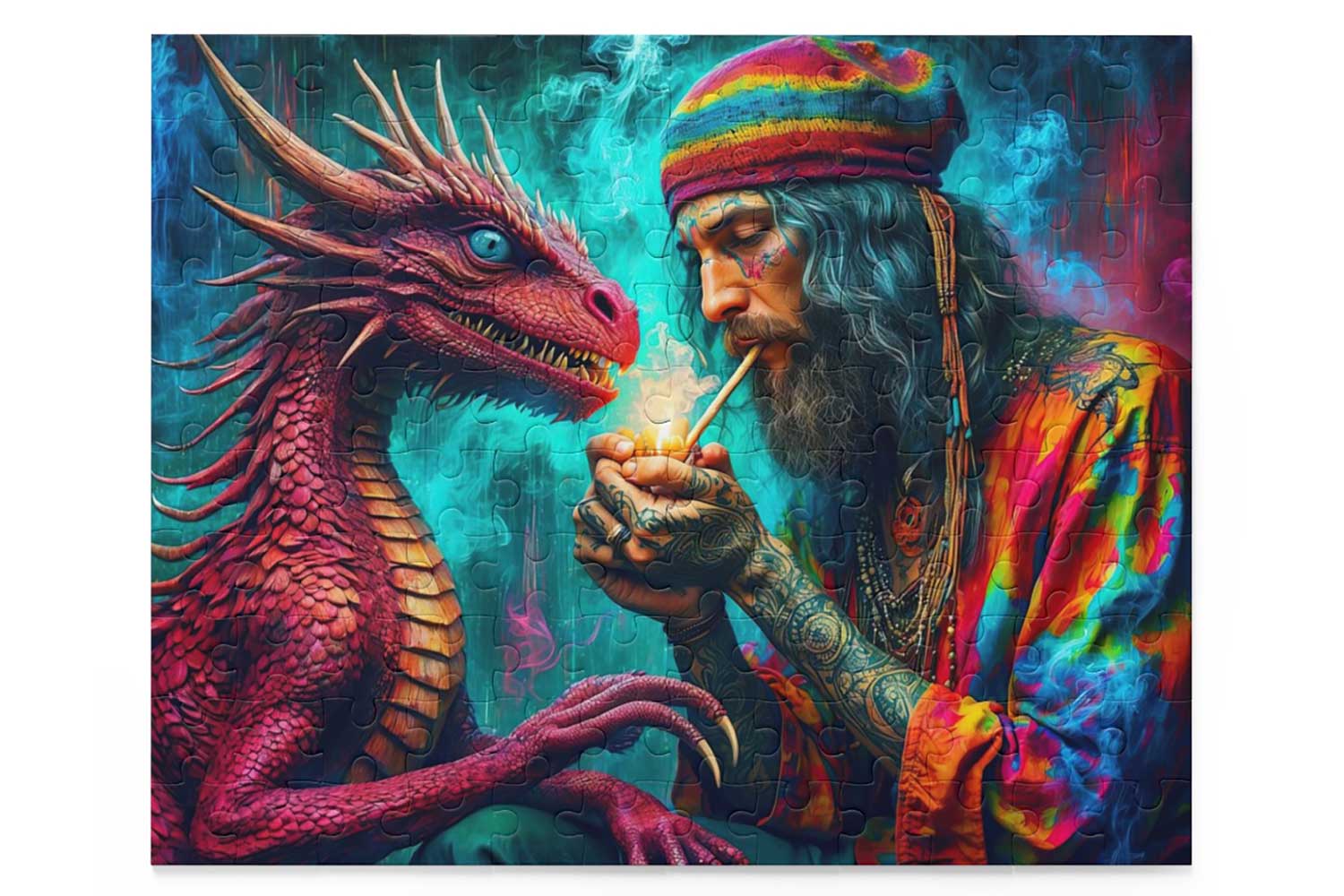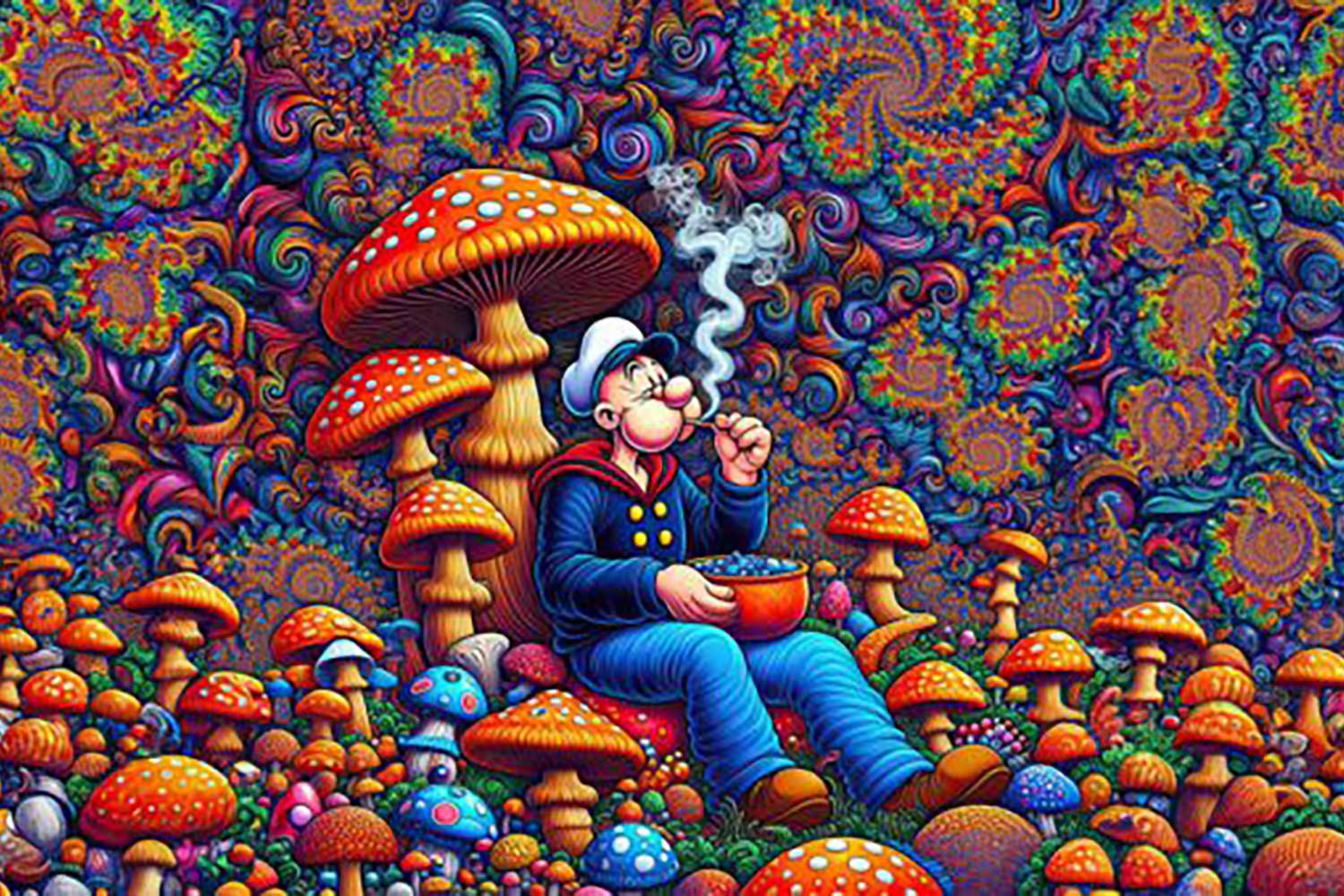
Sharing is supporting Thank you.
10 Things You Didn’t Know About Hippies
Hippies, known for their free-spirited lifestyle and countercultural movement, have left an indelible mark on history. While many are familiar with the iconic images of flower power and peace signs, there’s much more to this subculture than meets the eye. Here are ten things you might not know about hippies:
1. Origins of the Term “Hippie”
The term “hippie” is believed to have originated from the word “hipster,” which was used in the 1940s to describe a subculture of young people who rejected mainstream culture. Over time, “hippie” emerged to define the countercultural movement of the 1960s.
2. The Summer of Love
The Summer of Love in 1967 was a pivotal moment for the hippie movement. San Francisco’s Haight-Ashbury district became the epicenter of this cultural phenomenon, attracting thousands of young people seeking peace, love, and communal living.
3. Environmental Activism
Hippies were early advocates for environmentalism. Their love for nature and rejection of consumerism led to the rise of eco-conscious practices, influencing later generations to prioritize sustainability.
4. Communal Living
Many hippies embraced communal living as a rejection of traditional societal structures. Communes, where individuals shared resources and responsibilities, were a common lifestyle choice during this era.
5. Spirituality and Eastern Influences
Hippies often explored alternative spiritual practices, drawing inspiration from Eastern philosophies such as Buddhism and Hinduism. Practices like meditation and yoga became integral parts of the counterculture.
6. The Influence of Psychedelic Drugs
Psychedelic drugs, particularly LSD, played a significant role in the hippie movement. Many believed that these substances expanded consciousness and promoted peace and understanding.
7. DIY Culture
Hippies embraced a Do-It-Yourself (DIY) ethos, creating their own clothing, art, and music. This hands-on approach reflected their rejection of mass-produced and commercial goods.
8. Anti-War Activism
Hippies were vocal opponents of the Vietnam War. The movement played a key role in organizing protests and advocating for peace, contributing to the anti-war sentiment of the time.
9. Famous Hippie Festivals
Woodstock, held in 1969, is perhaps the most famous hippie festival. However, it wasn’t the only one. Festivals like the Monterey Pop Festival and the Isle of Wight Festival also attracted large crowds of like-minded individuals.
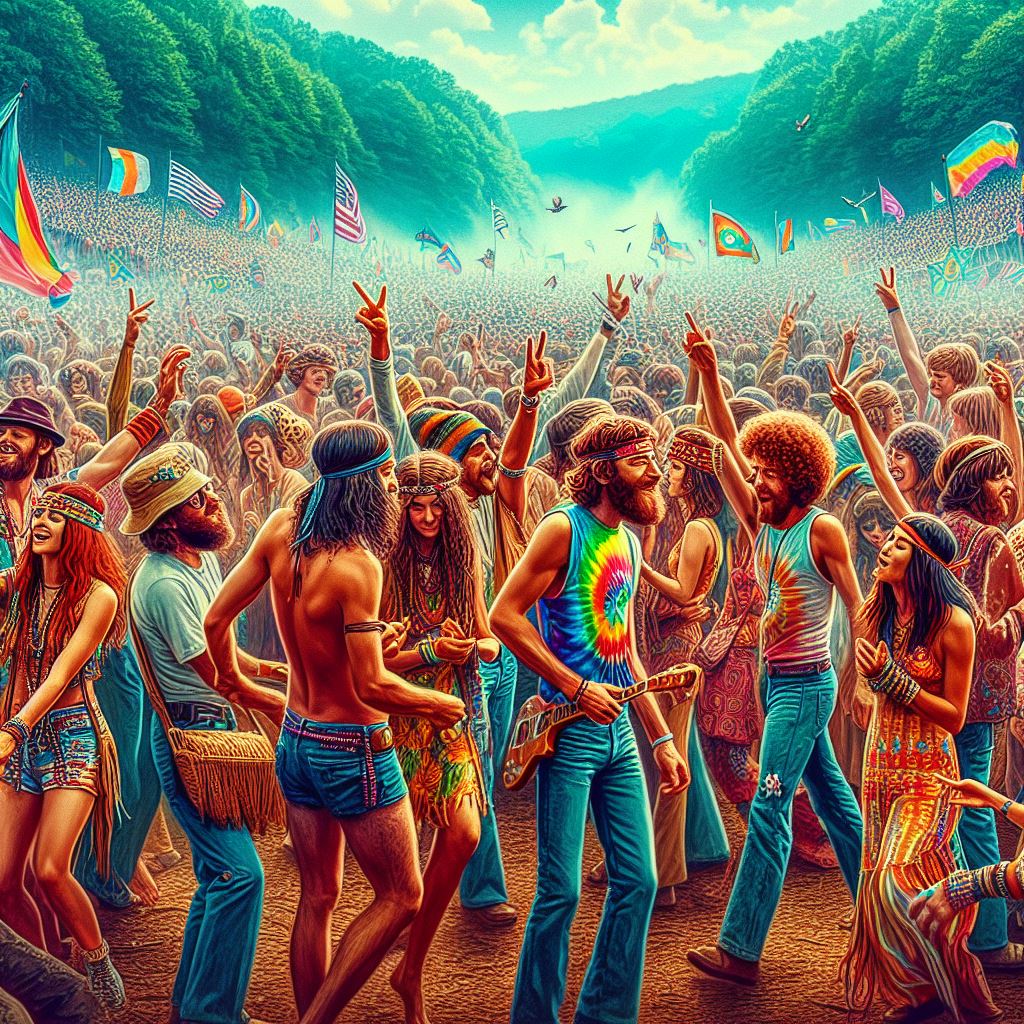
10. Legacy in Modern Culture
The hippie movement’s impact is still evident in modern culture. Elements of their philosophy, such as peace, love, and acceptance, continue to influence social movements and individual lifestyles today.
In conclusion, the hippie movement was a complex and multifaceted cultural phenomenon that left an enduring legacy. Beyond the stereotypes, hippies were a diverse group with a profound impact on society, and their influence continues to resonate in various aspects of contemporary life.
The Jester of Ruin Matte Vertical Posters
$6.53 – $23.96
The Inferno Warden Matte Vertical Posters
$6.53 – $23.96
The Blossoming Queen Matte Vertical Posters
$5.98 – $24.07
The Chronicles of Thistlewick Matte Vertical Posters
$5.98 – $25.53


